- A. Philip Randolph
- Abayomi Azikiwe
- Adam Sanchez
- Akashi Kaul
- Alabama
- Alana D. Murray
- Allison Acosta
- Allyson Criner Brown
- Amelia Boynton
- Amzie Moore
- Andrea Guiden Pittman
- Andrea McEvoy Spero
- Annie Devine
- Arkansas
- Art
- ASALH
- Audi Cornish
- Bayard Rustin
- Bernice Johnson Reagon
- Bill Bigelow
- Bill Fletcher Jr.
- Black Lives Matter
- Black Panther Party
- Black Power
- Bob Moses
- Book
- Books
- Brenda Randolph
- Brown v. Board of Education
- C.T. Vivian
- California Newsreel
- Carmen Gómez García
- Charles Cobb Jr.
- Charles E. Cobb Jr.
- Charles M. Sherrod
- Charles Payne
- Chris Hoeh
- Chris Seeger
- Civil Rights Act
- Claudette Colvin
- Claudio Saunt
- Clyde Kennard
- Colia Liddell Lafayette Clark
- colleen bell
- CORE
- Coretta Scott King
- Courtland Cox
- Craig Gordon
- Cristina Tosto
- CRMVet.org
- Daniel Perlstein
- Dave Zirin
- David Busch
- David Hill
- David Levine
- Dawn Keene
- DC
- Deborah Menkart
- Derrick Alridge
- Desegregation
- Dick Cluster
- Digital Collection
- Dorie Ladner
- Dr. Gordon Nembhard
- E.W. Steptoe
- Education
- Elementary
- Elizabeth A. Davis
- Ella Baker
- Eloise Greenfield
- Emilye Crosby
- Emmett Till
- Erika Landberg
- Eva Sperlng Cockcroft
- Eyes on the Prize
- Fannie Lou Hamer
- Fayette Colon
- FBI
- Federation of Southern Cooperatives and Land Assistance Fund
- Film
- Florida
- Freedom Schools
- Freedom Summer
- Gary Convention
- Georgia
- Grace Lee Boggs
- Hardy Thames
- Hasan Jeffries
- Herbert Kohl
- Herbert Lee
- Highlander
- Holly Barnet-Sanchez
- Holly Jansen
- Hope Martin
- Image
- Interactive Map
- Introduction
- James Boggs
- James Loewen
- James Meredith
- James Smethurst
- Janine Gomez
- Jeanne Theoharis
- Jenice L. View
- Jennifer Gallagher
- Jesse Hagopian
- Jessica Gordon Nembhard
- Jo Ann Robinson
- John H. Bracey Jr.
- John Hulett
- John Lewis
- Josh Healey
- Josh Ozersky
- Joyce Ladner
- Judy Richardson
- Julian Bond
- Julian Hipkins III
- Katie Kissinger
- Katie Lyman
- Katy Swalwell
- Kentucky
- Kimberly Spotts
- KKK
- Kwame Touré
- Labor
- Land
- Larry Miller
- Laurel R. Singleton
- Leah Douglas
- Lesson
- Linda Christensen
- Louis Allen
- Louise Bock
- Louisiana
- Luis Torres
- Lynda Tredway
- Maestra Productions
- Maggie Nolan Donovan
- Malcolm X
- Mamie Till
- March on Washington
- Maria Fleming
- Martin Luther King Jr.
- Matt Herron
- Medgar Evers
- MFDP
- Military
- Mira Luna
- Mississippi
- Montgomery Bus Boycott
- NAACP
- New York
- Nicolás Guillén
- Nonviolence
- Norm Diamond
- North Carolina
- Oral History
- Patty Bode
- Paula Young Shelton
- Pauli Murray
- Podcast
- Poetry
- Police
- Poor People's Campaign
- Prathia Hall
- Primary Document
- Prisons
- Quiz
- Randi Douglas
- Reading
- Redlining
- Resource Center of the Americas
- Richard Rothstein
- Rita Dove
- Robert P. Moses
- Rosa Parks
- Sam B. Hilliard
- SCLC
- SCOTUS
- Self-Defense
- Selma
- Septima P. Clark
- Sheyann Webb
- Sit-Ins
- SNCC
- SNCC Digital Gateway
- Sonia Sanchez
- Sports
- Stephanie Schmidt
- Stokely Carmichael
- Student Nonviolent Coordinating Committee
- Susan Guengerich
- Susan Nail
- Susan Oppenheim
- T. G. Lewis
- Ta-Nehisi Coates
- Teaching Idea
- Teaching Reflection
- Tennessee
- Texas
- Tiferet Ani
- Timeline
- Timothy Jenkins
- Transportation
- U.S. Foreign Policy
- Ursula Wolfe-Rocca
- Vanessa Williams
- Vann R. Newkirk II
- Vernon Dahmer
- Veterans
- Video
- Vietnam War
- Vincent Harding
- Vincent Intondi
- Virginia
- Voting Rights
- Voting Rights Act
- Wayne Au
- William P. Jones
- Yohuru R. Williams
- Zinn Education Project
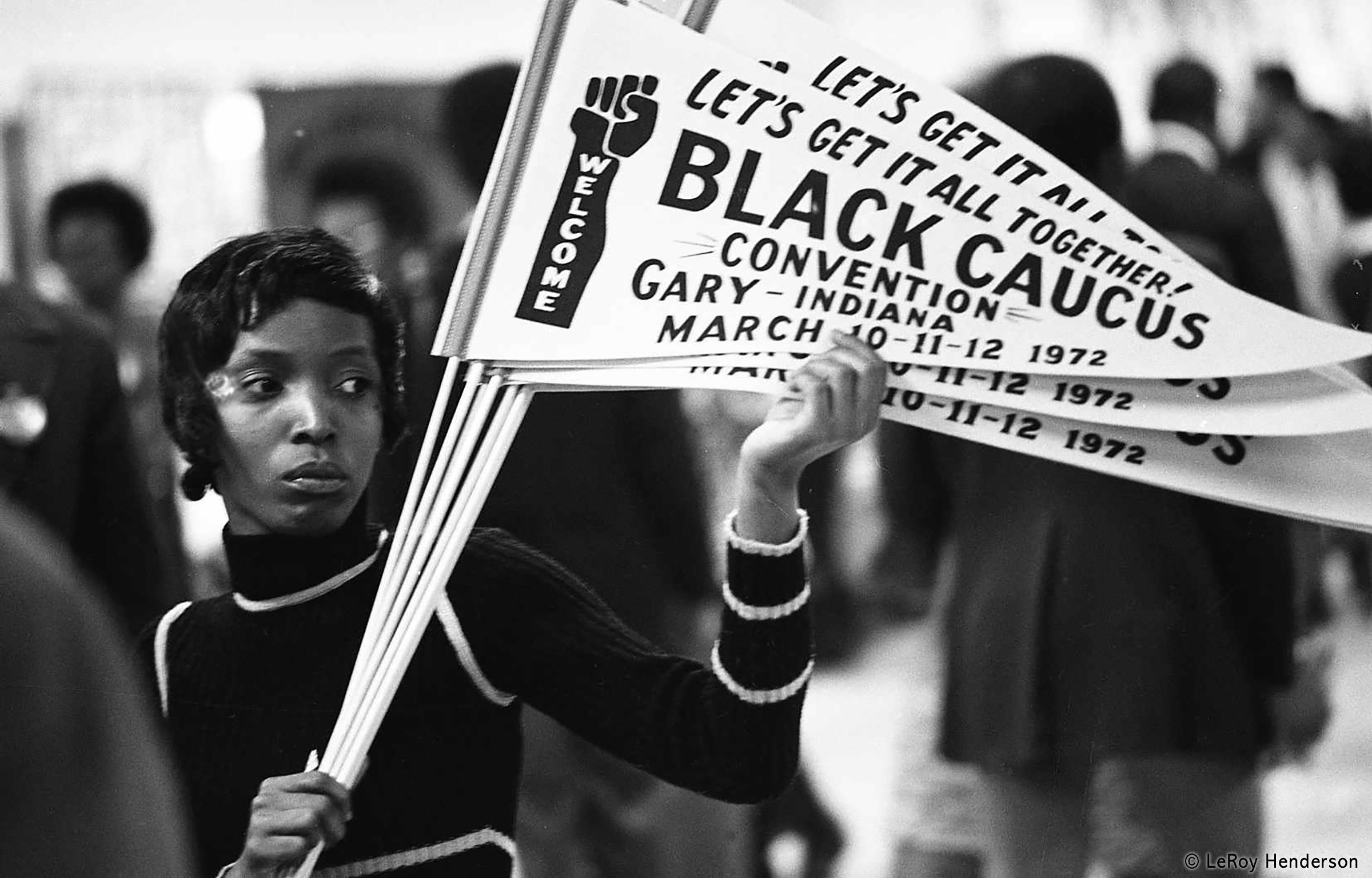
Advanced Ideas About Democracy
Reading by Vincent Harding
Excerpts from Hope and History: Why We Must Share the Story of the Movement, a well-annotated list of historic events for teaching the full story of the Civil Rights Movement.
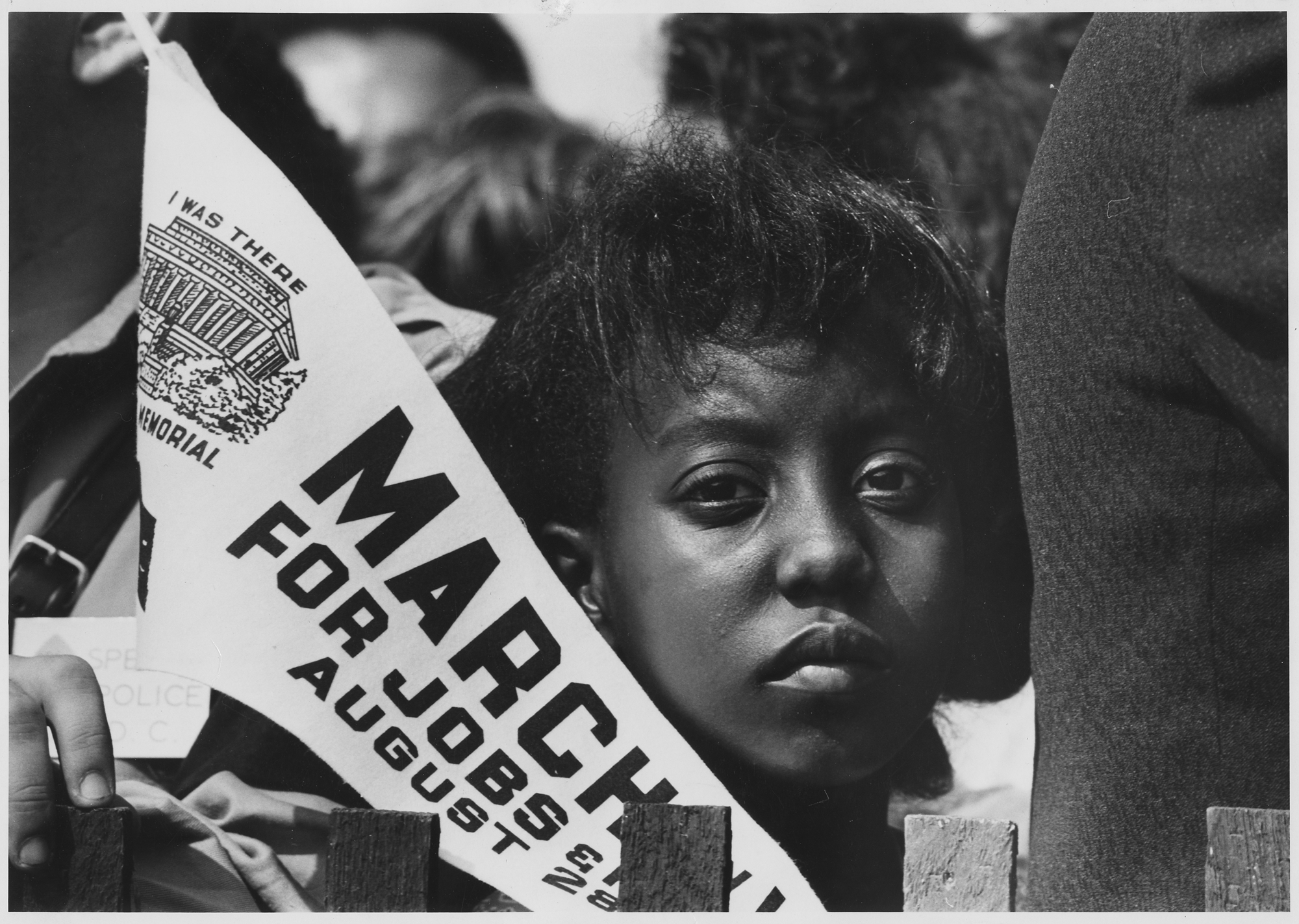
Claiming and Teaching the 1963 March on Washington
Reading by Bill Fletcher Jr.
The March on Washington did not begin as a classic civil rights march. It is barely remembered that the March on Washington was for freedom AND jobs, or that the march was initiated by black labor leaders.
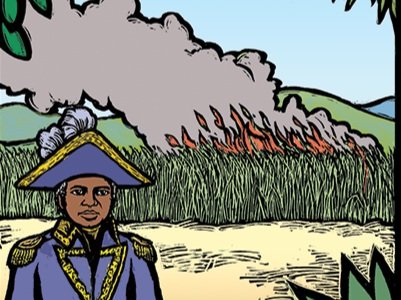
The Haitian Revolution: Central to U.S. History
Reading By Alana D. Murray
For Black people prior to the Civil War, the revolt of enslaved people in Haiti served as a beacon of freedom. These heroic actions of the Haitian revolutionaries resonated well into the 20th century. The events of the Haitian revolution shaped a Pan African identity that influenced the thinking of leaders in the Civil Rights Movement and the Black Power Movement.
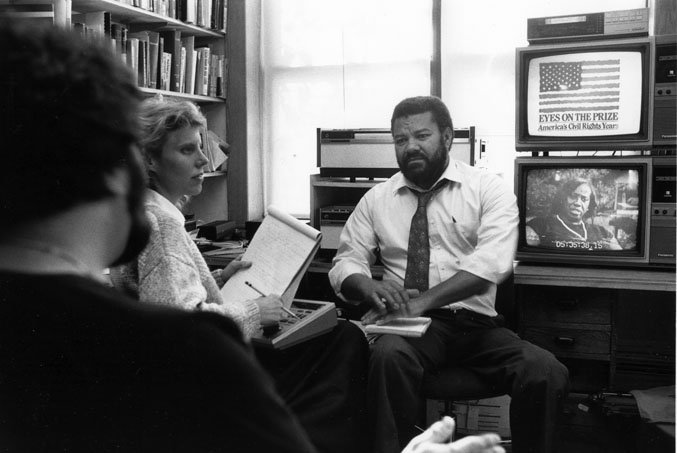
Teaching Eyes on the Prize, Teaching Democracy
Reading by Judy Richardson
Richardson shares key insights and considerations for teachers when using the Eyes on the Prize film.
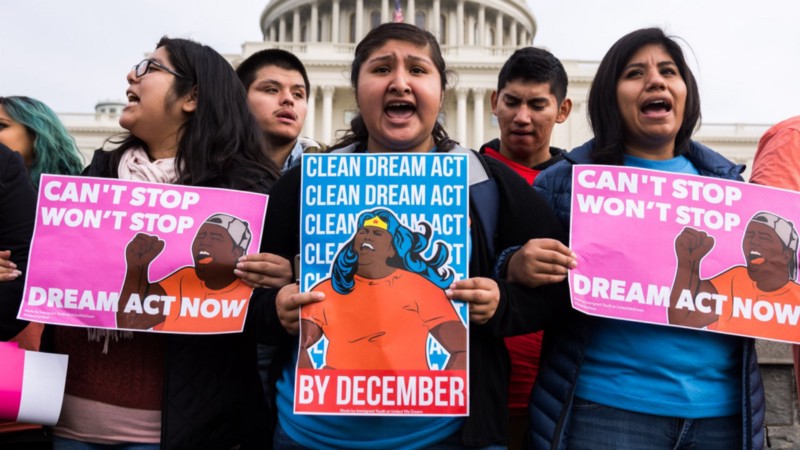
And the Youth Shall Lead Us
Reading By Allison Acosta, Allyson Criner Brown, and Deborah Menkart
These stories demonstrate that young people have played a lead role ― standing on the shoulders of those who came before them ― throughout U.S. history. It helps dispel the “exceptional” narratives perpetrated by the corporate media when they highlight selected groups and individuals (generally white students) such as the Parkland students and Greta Thunberg. Their important and brave work needs to be presented in a fuller context.
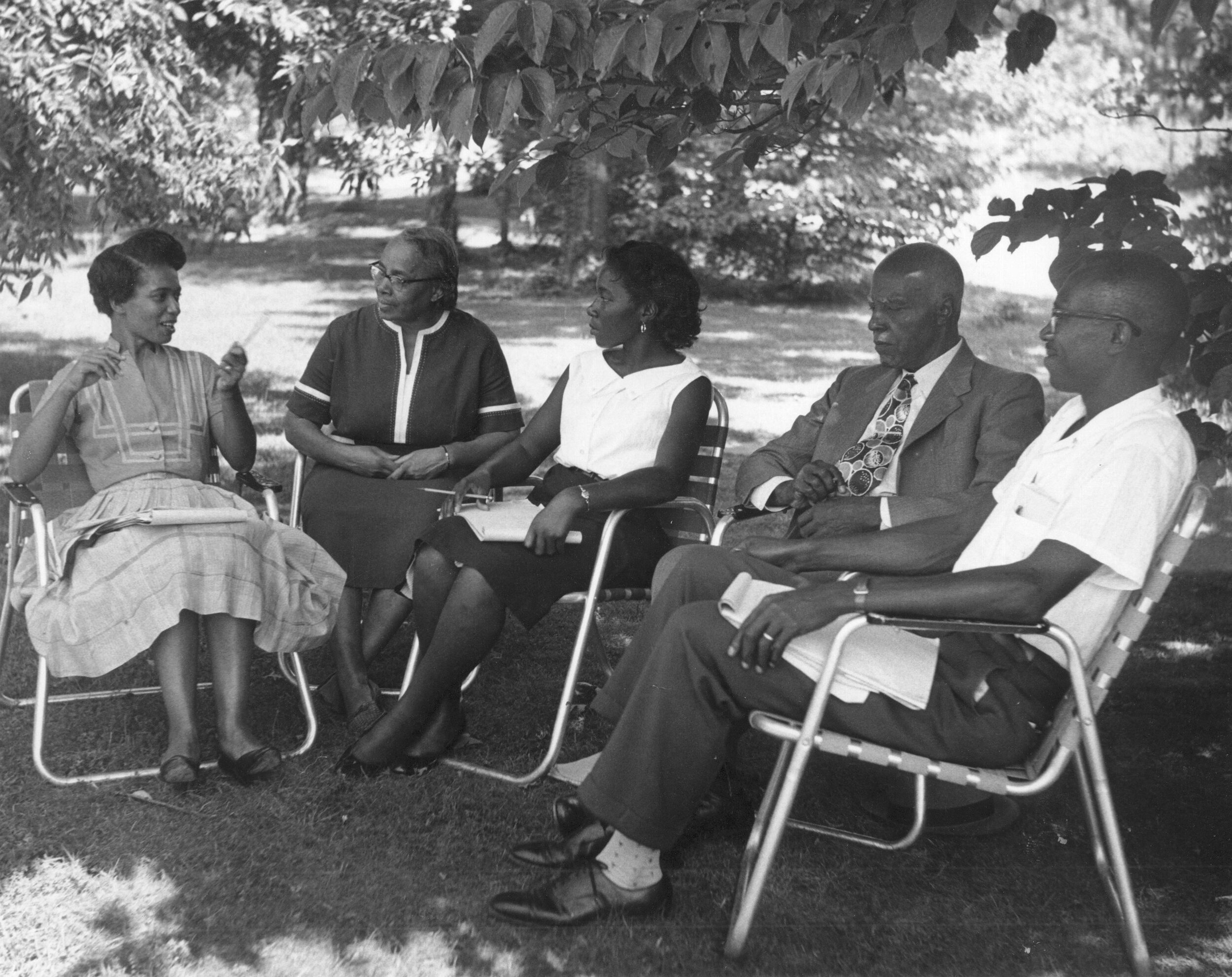
Literacy and Liberation
Reading by Septima P. Clark
The role of freedom schools and the Highlander Center in breaking down barriers and building leadership in the African American community.
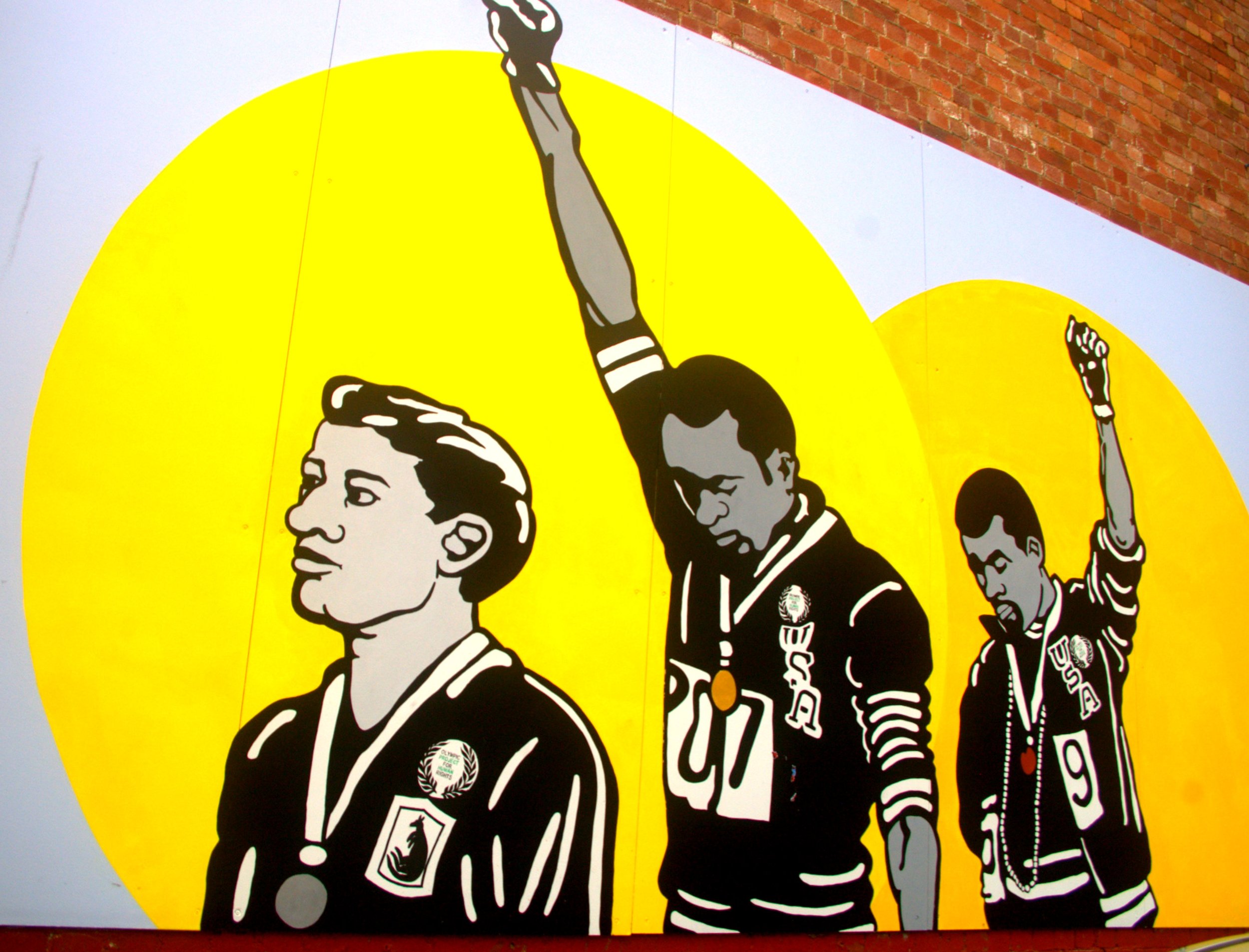
Elegy for Peter Norman
Reading by Josh Healey
Poem about Peter Norman, the white Australian athlete in the historic protest and iconic photo at the 1968 Olympics.
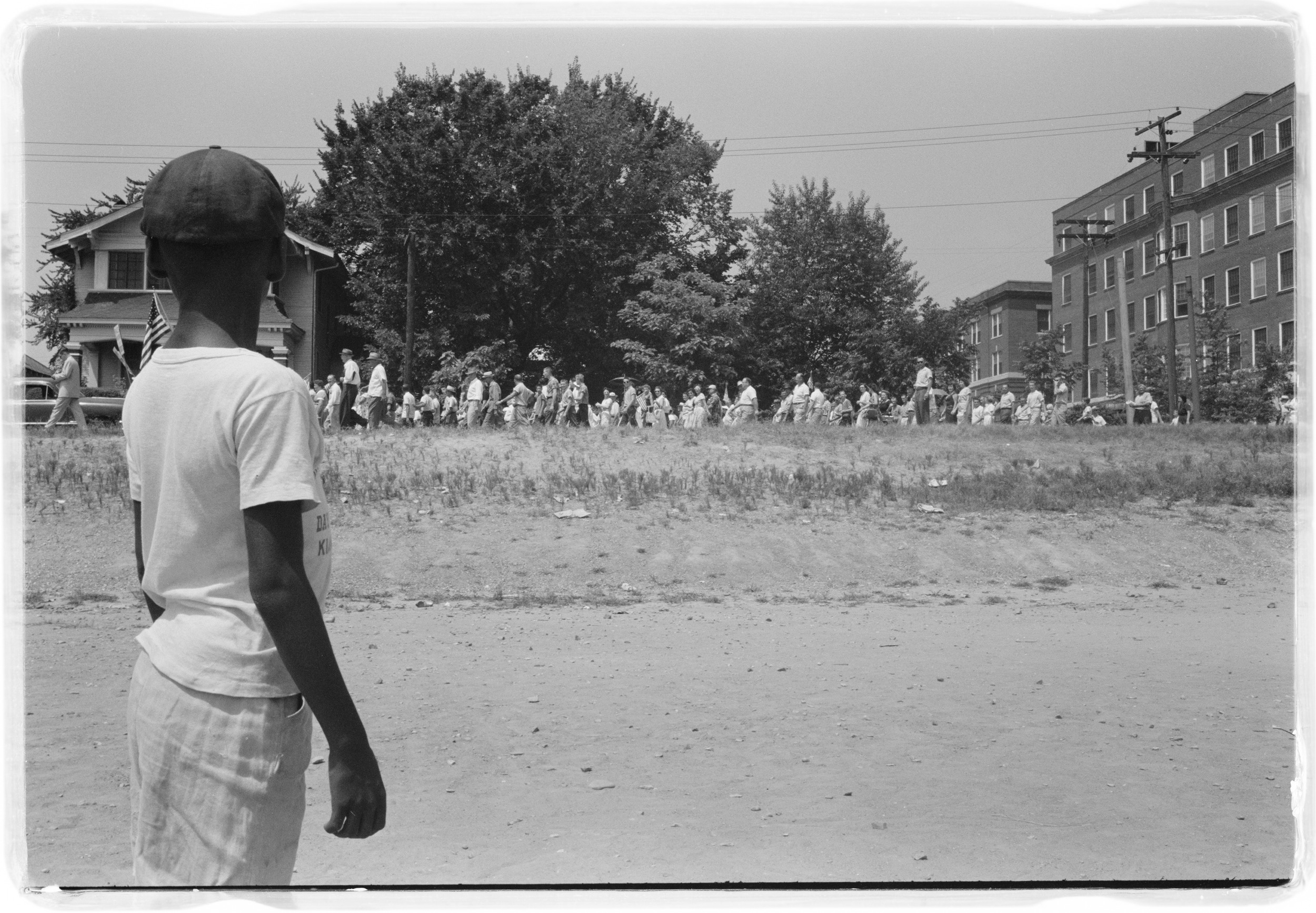
Desegregation
Reading by Eloise Greenfield
Poem about desegregation.
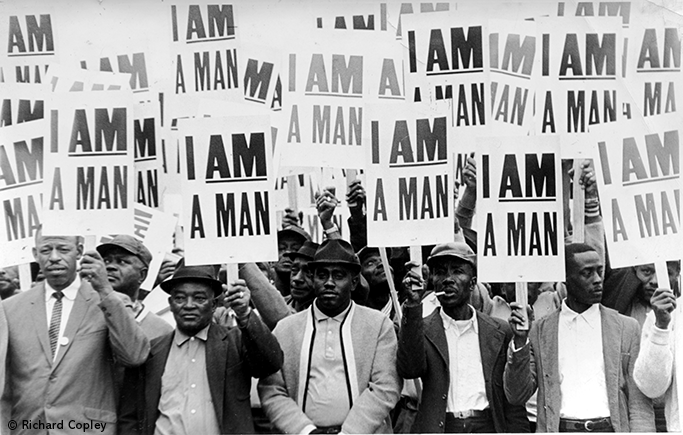
At the River I Stand: The 1968 Memphis Sanitation Workers Strike and the Assassination of Martin Luther King Jr.
Reading by California Newsreel
The documentary film At the River I Stand skillfully reconstructs the two eventful months that transformed a strike by Memphis sanitation workers into a national conflagration, and disentangles the complex historical forces that came together with the inevitability of tragedy at the death of Martin Luther King Jr.
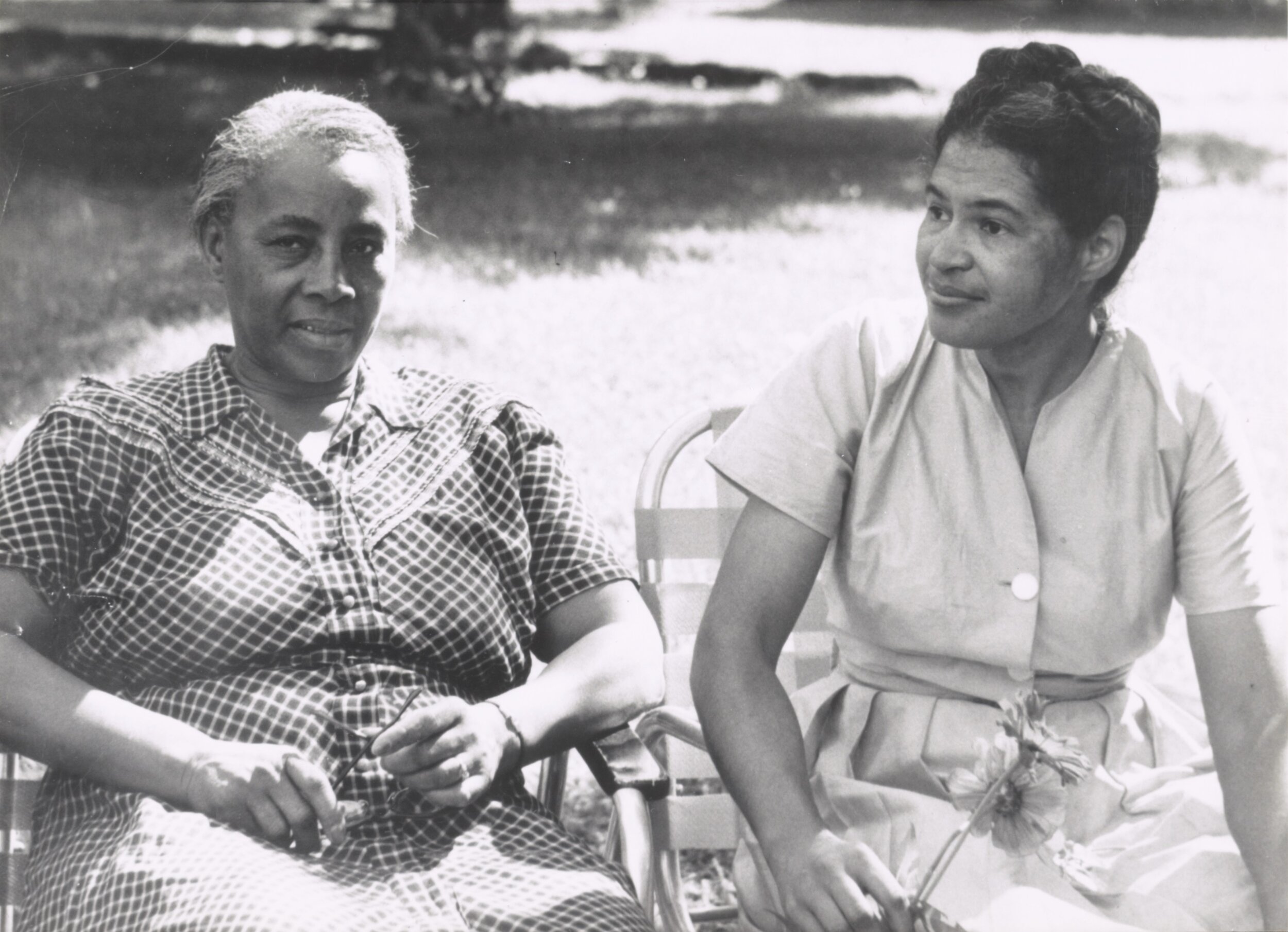
The Politics of Children’s Literature: What’s Wrong with the Rosa Parks Myth
Reading by Herbert Kohl
A critical analysis that challenges the myths in children’s books about Rosa Parks and the Montgomery Bus Boycott.
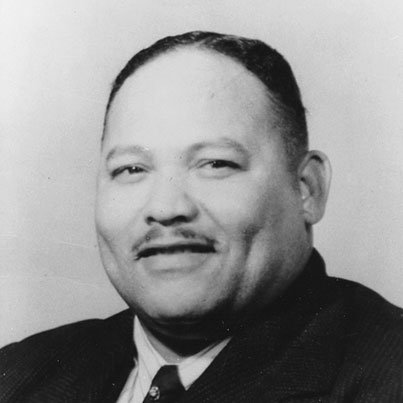
Murder of Reverend George W. Lee
Reading by Zinn Education Project
Rev. George Washington Lee, one of the first African Americans registered to vote in Humphreys County, Mississippi since Reconstruction, used his pulpit and his printing press to urge others to vote. He was murdered on May 7, 1955.
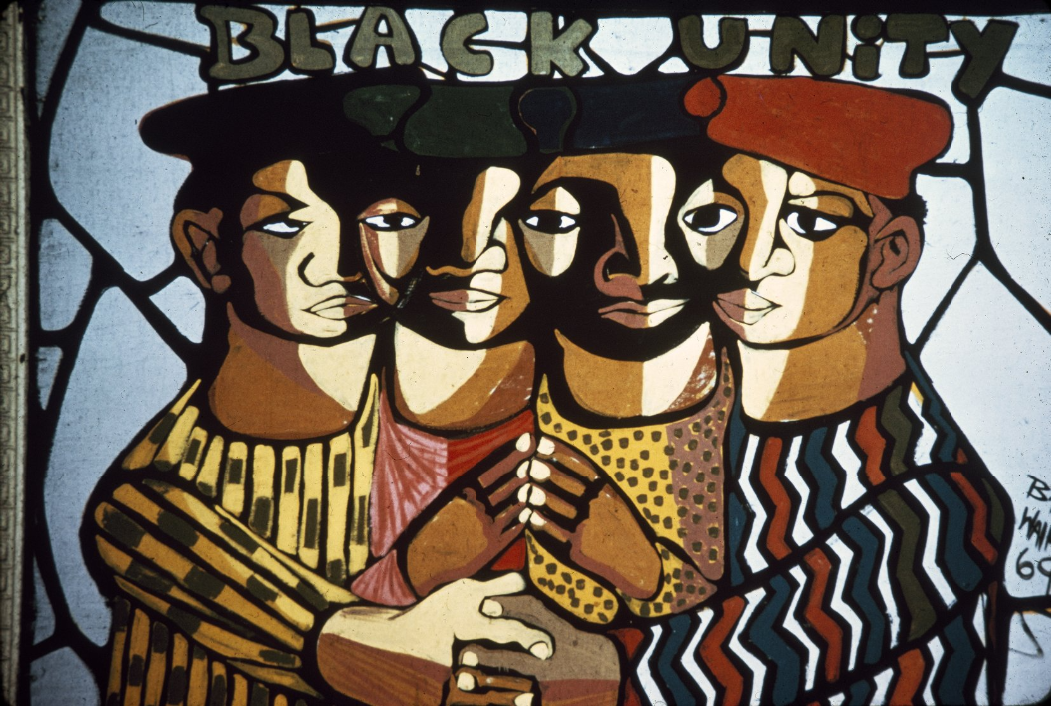
SOS — Calling All Black People: Introduction to the Black Arts Movement
Reading by John H. Bracey Jr., Sonia Sanchez, And James Smethurst
The writer and political activist Larry Neal is credited with coining the term "Black Arts Movement" (BAM) to describe the explosion of politically engaged African American art from the mid-1960s to the late 1970s.
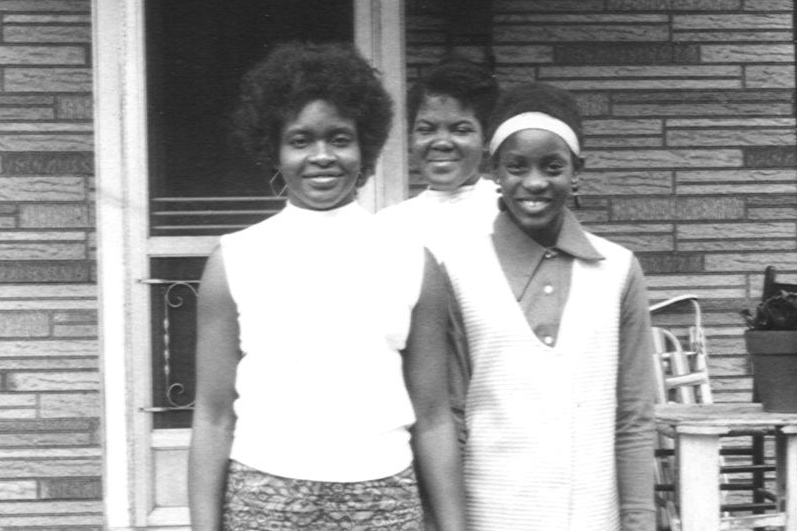
Soul Power and the People
Reading by Jenice L. View
Essay recalling memories of school desegregation in 1968 Washington, D.C.
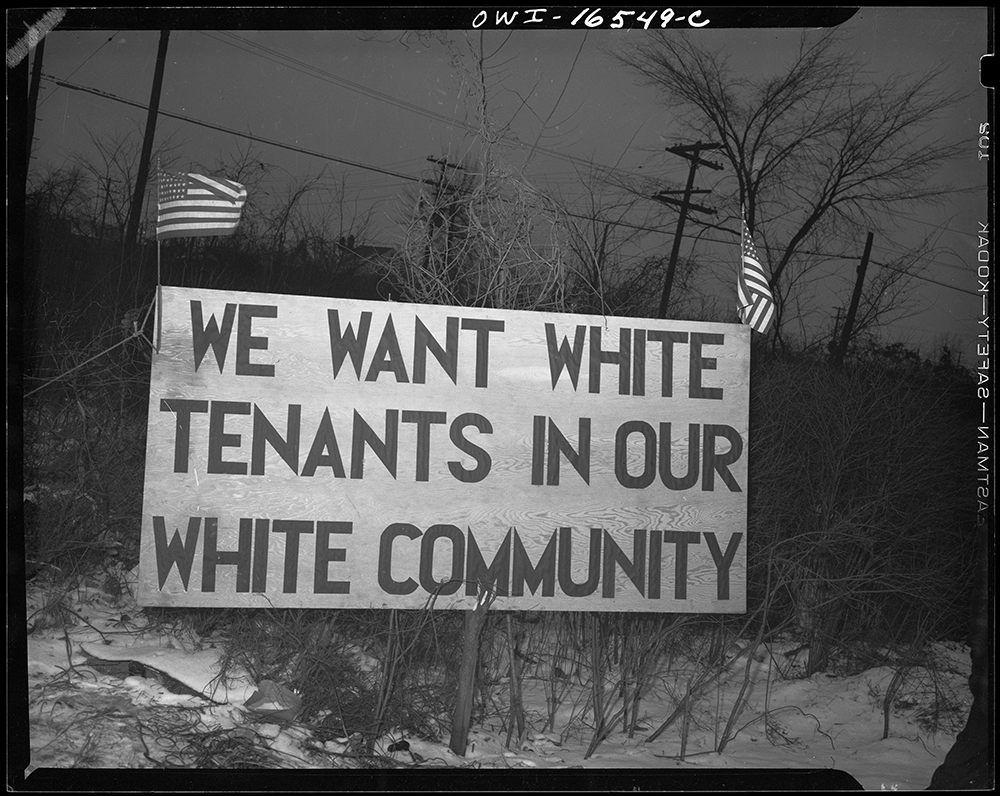
Our House Divided: What U.S. Schools Don’t Teach About U.S.-Style Apartheid
Reading by Richard Rothstein
The widespread belief that our continued residential racial segregation, North and South, is “de facto,” not the result of explicit government policy but instead the consequence of private prejudice, economic inequality, and personal choice to self-segregate is false. In truth, our major metropolitan areas were segregated by government action.
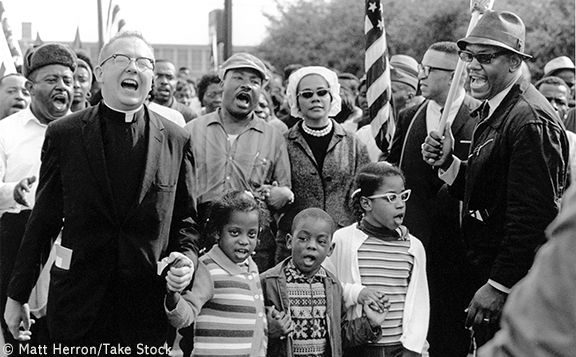
The Limits of Master Narratives in History Textbooks: An Analysis of Representations of Martin Luther King
Reading by Derrick Alridge
A study of how U.S. history textbooks present prescribed, oversimplified, and uncontroversial narratives of Dr. Martin Luther King Jr. that obscure important elements in King’s life and thought.
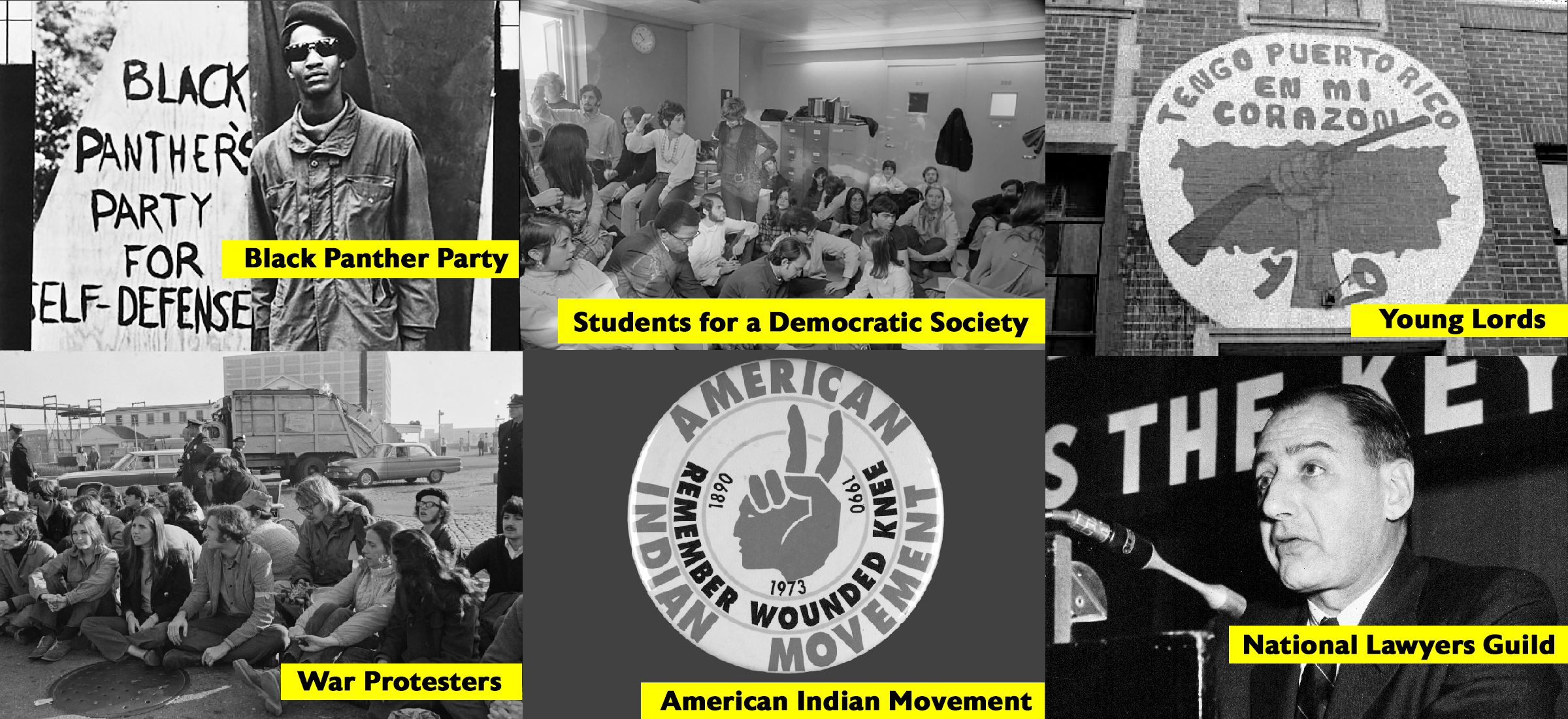
Why We Should Teach About the FBI’s War on the Civil Rights Movement
Reading by Ursula Wolfe-Rocca
Though COINTELPRO offers teachers a trove of opportunities to illustrate key concepts, including the rule of law, civil liberties, social protest, and due process, it is completely absent from most mainstream textbooks.
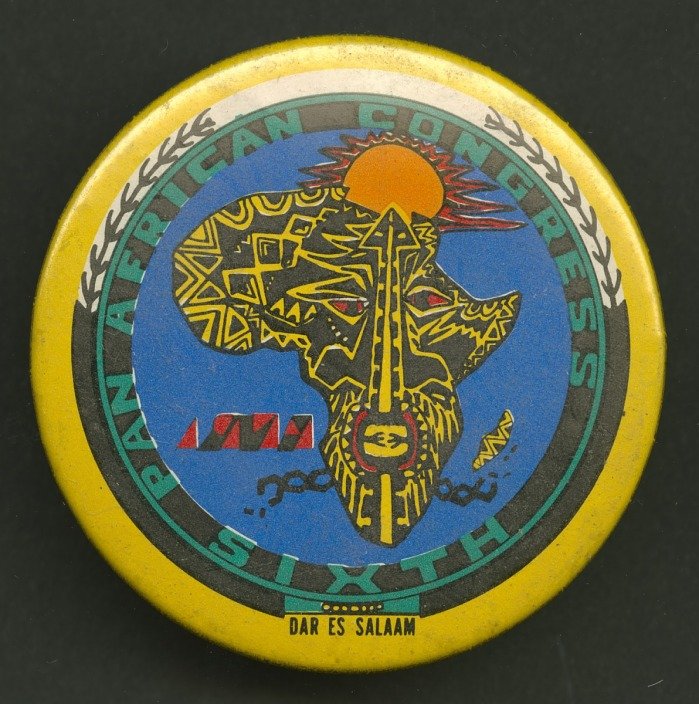
SNCC: International Connections
Reading by SNCC Digital Gateway
Growing up in the 1950s and 1960s, SNCC members were also influenced by the rising tide of liberation movements that followed World War II. As their commitment to the movement increased, they linked their own struggle for civil and human rights at home with anti-colonial struggles in Africa, Asia, and Latin America.
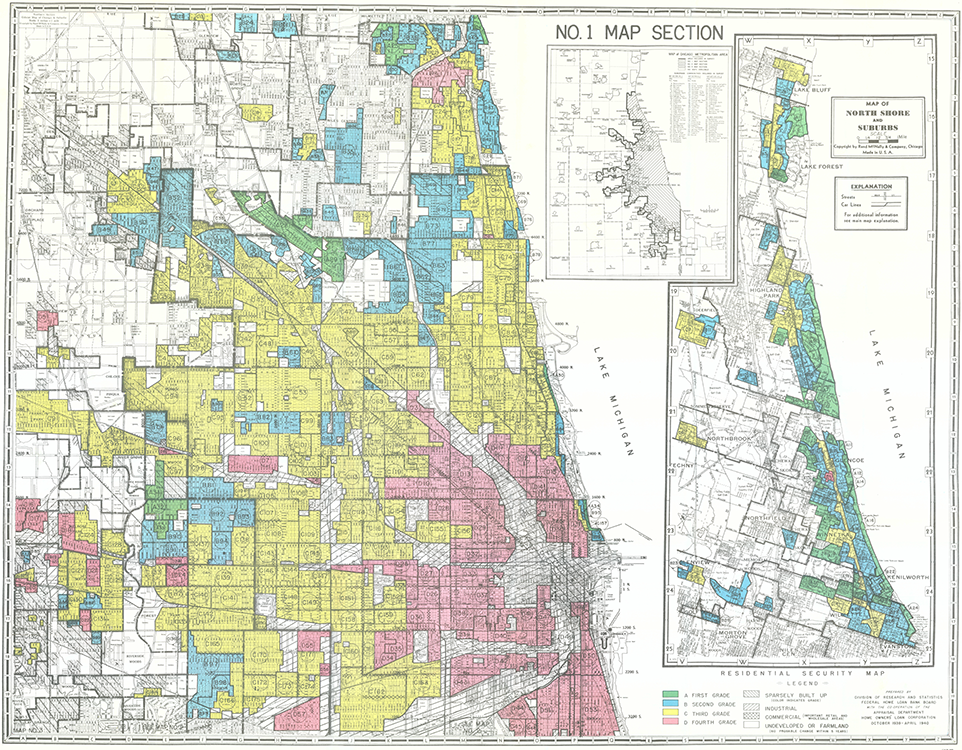
The Case for Reparations
Interview of Ta-Nehisi Coates by Audi Cornish
Ta-Nehisi Coates describes how the legacy of slavery extends to geographical and governmental policies in the United States and calls for a "collective introspection" on reparations.

What Julian Bond Taught Me
Reading by Jeanne Theoharis
Freedom movements don’t just happen, they are made—and not by charismatic leaders, but by everyday people possessing great courage. Reflections on what Julian Bond taught us about how social movements are built and sustained.
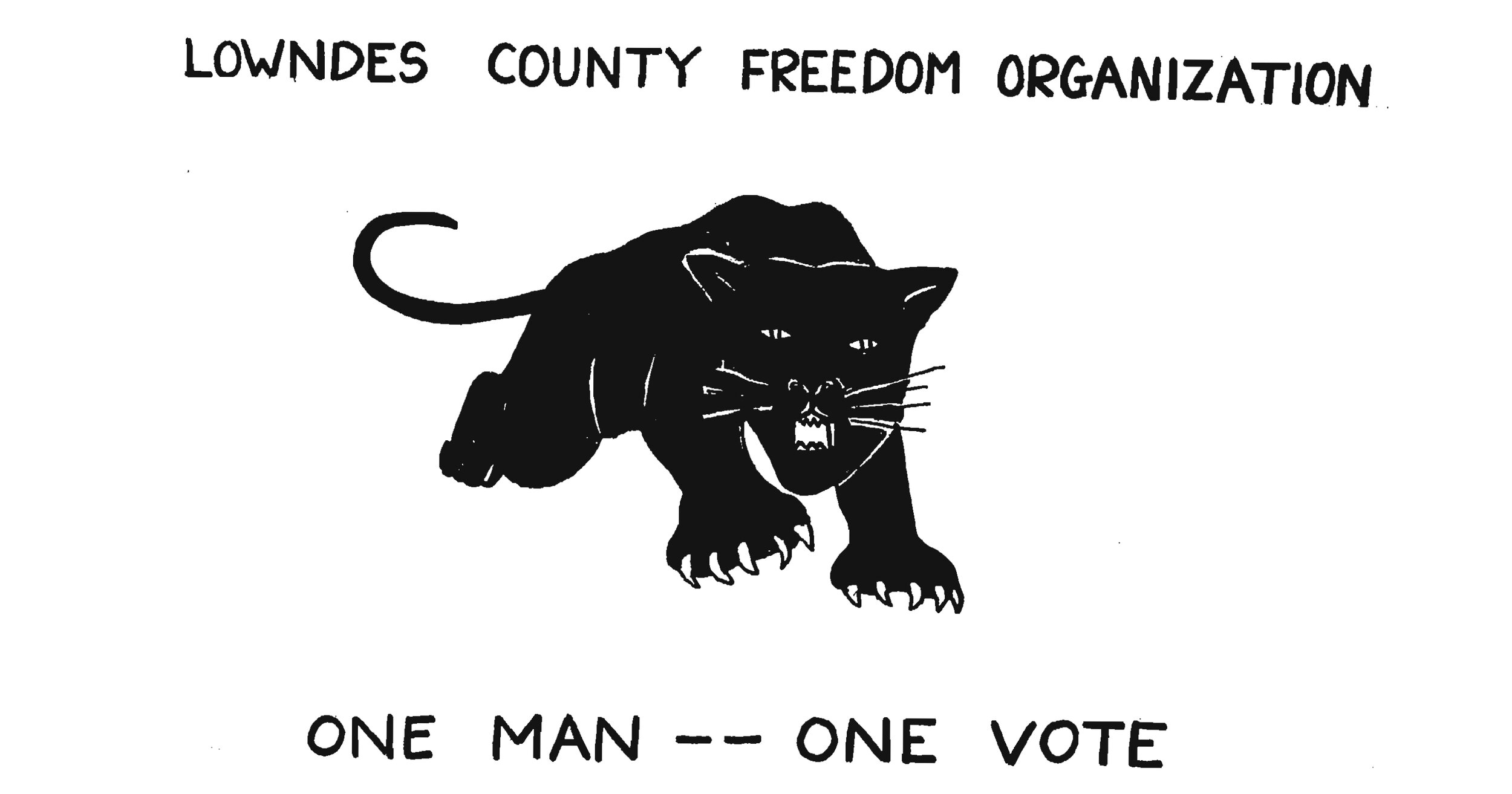
How the Black Panther Party Was Organized
Primary Document by John Hulett
Excerpts from a speech about how the Lowndes County Freedom Organization was organized and why they chose a black panther as their symbol. The speech was given in Los Angeles on May 22, 1966 at a meeting sponsored by a group of anti-Vietnam War committees.
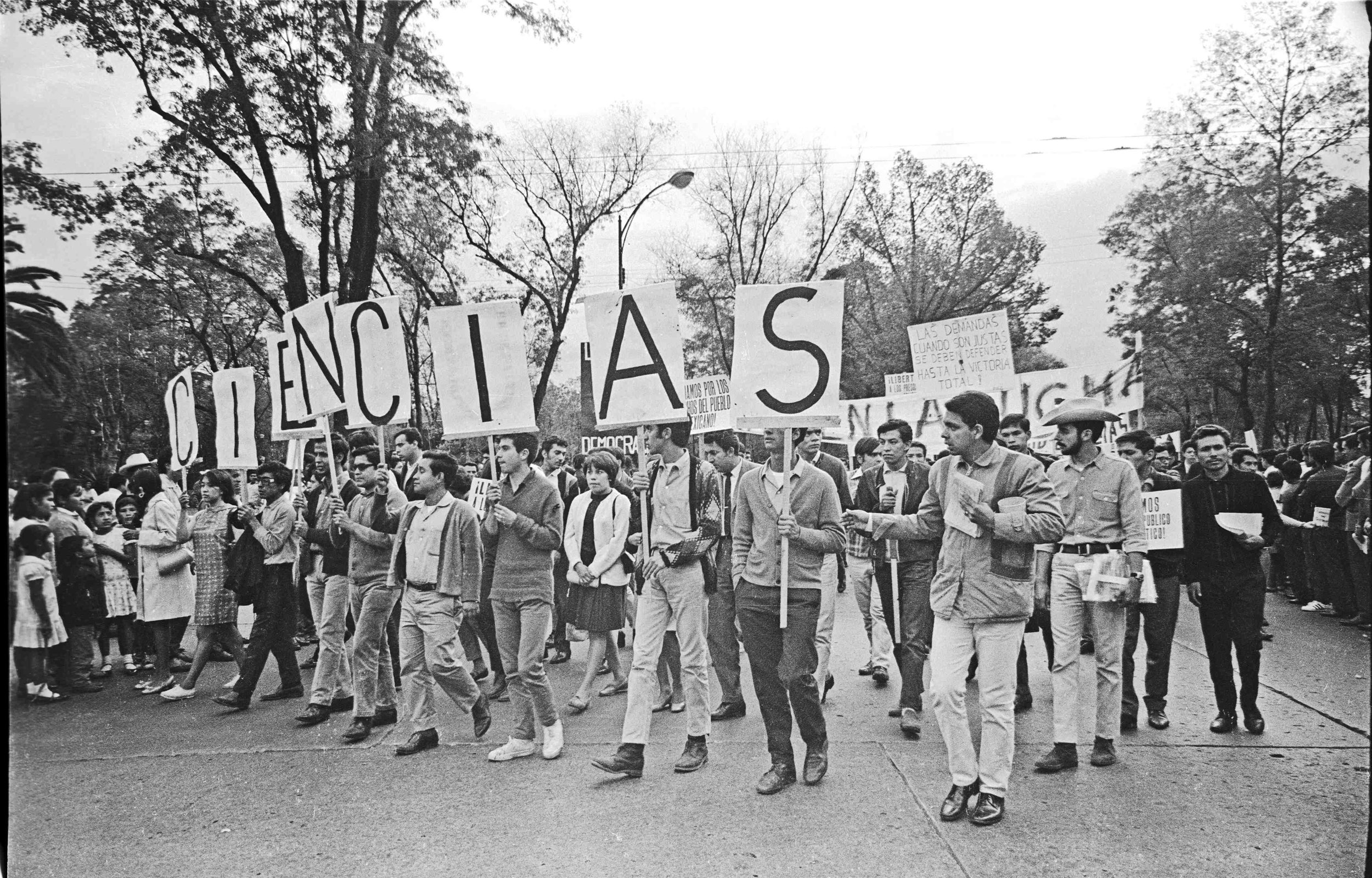
SNCC Memorandum of Solidarity with the Students of Mexico, October 1968
Primary Document by Student Nonviolent Coordinating Committee In 1968, students organized to protest the lack of true democracy in Mexico. The tension began in July, but the climax came on October 2, 1968 — 10 days before the Olympic games were to begin in Mexico City. On this date, the police and army fired on thousands of demonstrators. Hundreds were killed, thousands were beaten and jailed, and the government did its best to sweep the incident under the rug.
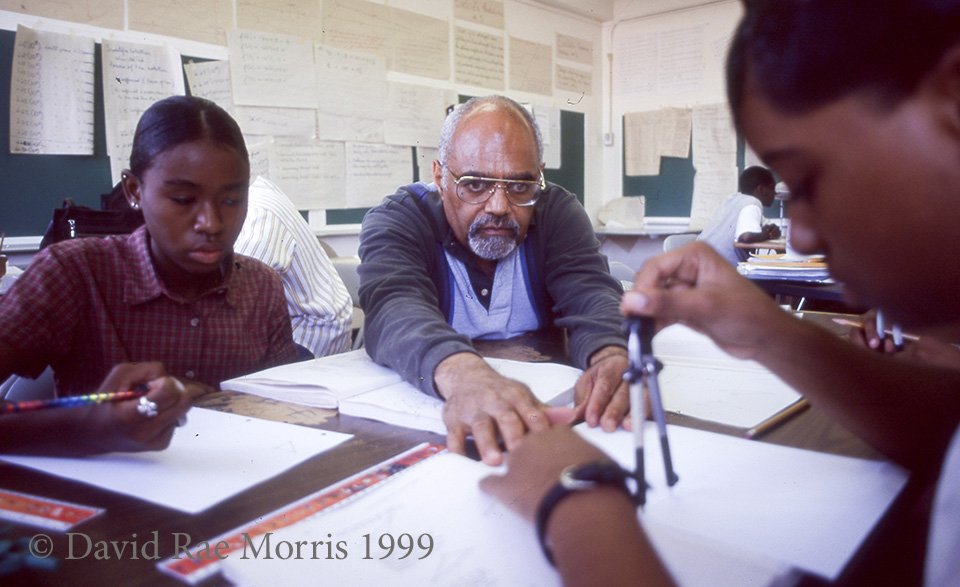
Radical Equations: The Algebra Project Drawing on the Past: The Roots of Our Movement
Reading by Charles E. Cobb and Bob Moses
The Algebra Project draws on the organizing tradition of the Civil Rights Movement to help young people find their voice and achieve math literacy.
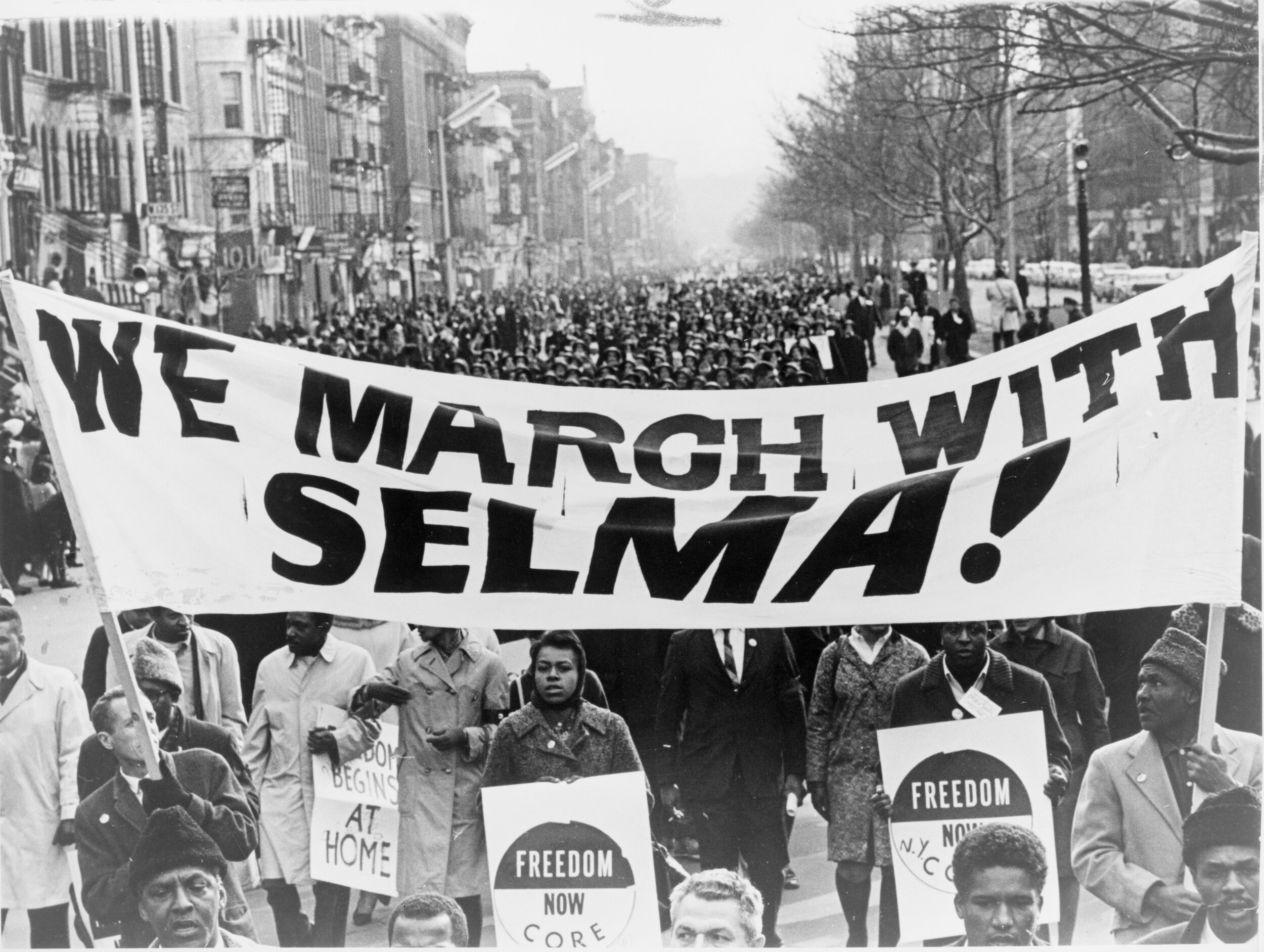
Ten Things You Should Know About Selma Before You See the Film
Reading by Emilye Crosby
Key points in the history of the Selma voting rights struggle to keep in mind as you view the popular film about the Selma-to-Montgomery March.
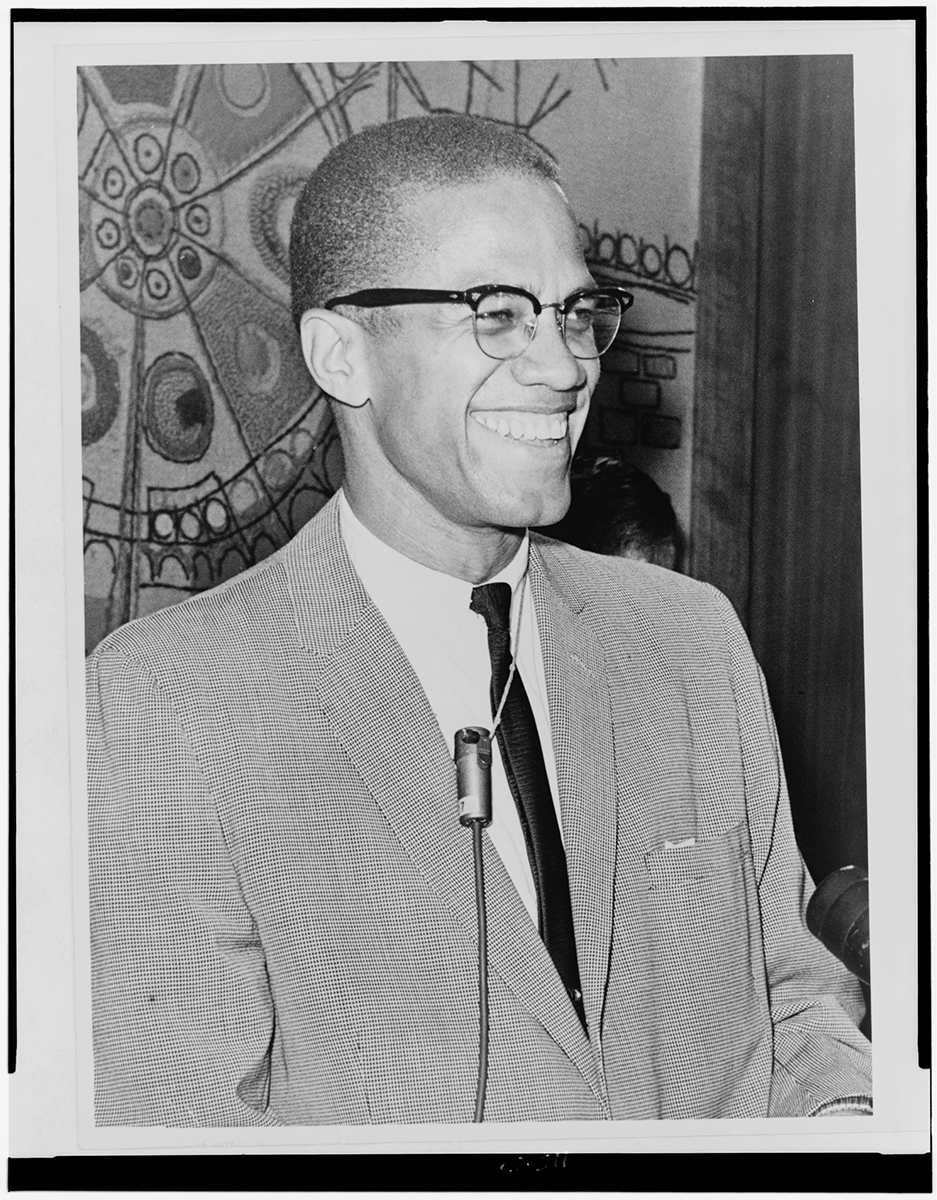
Black Nationalism and Black Pride: The Ballot or the Bullet
Primary Document by Malcolm X
An excerpt from a speech given in Cleveland in April 1964. At this period of his life after Malcolm X (el-Hajj Malik el-Shabazz) had broken with Nation of Islam leader Elijah Muhammad, made a pilgrimmage to Mecca, and begun to develop his own movement, the Organization of Afro-American Unity. He was assassinated on February 21, 1965.
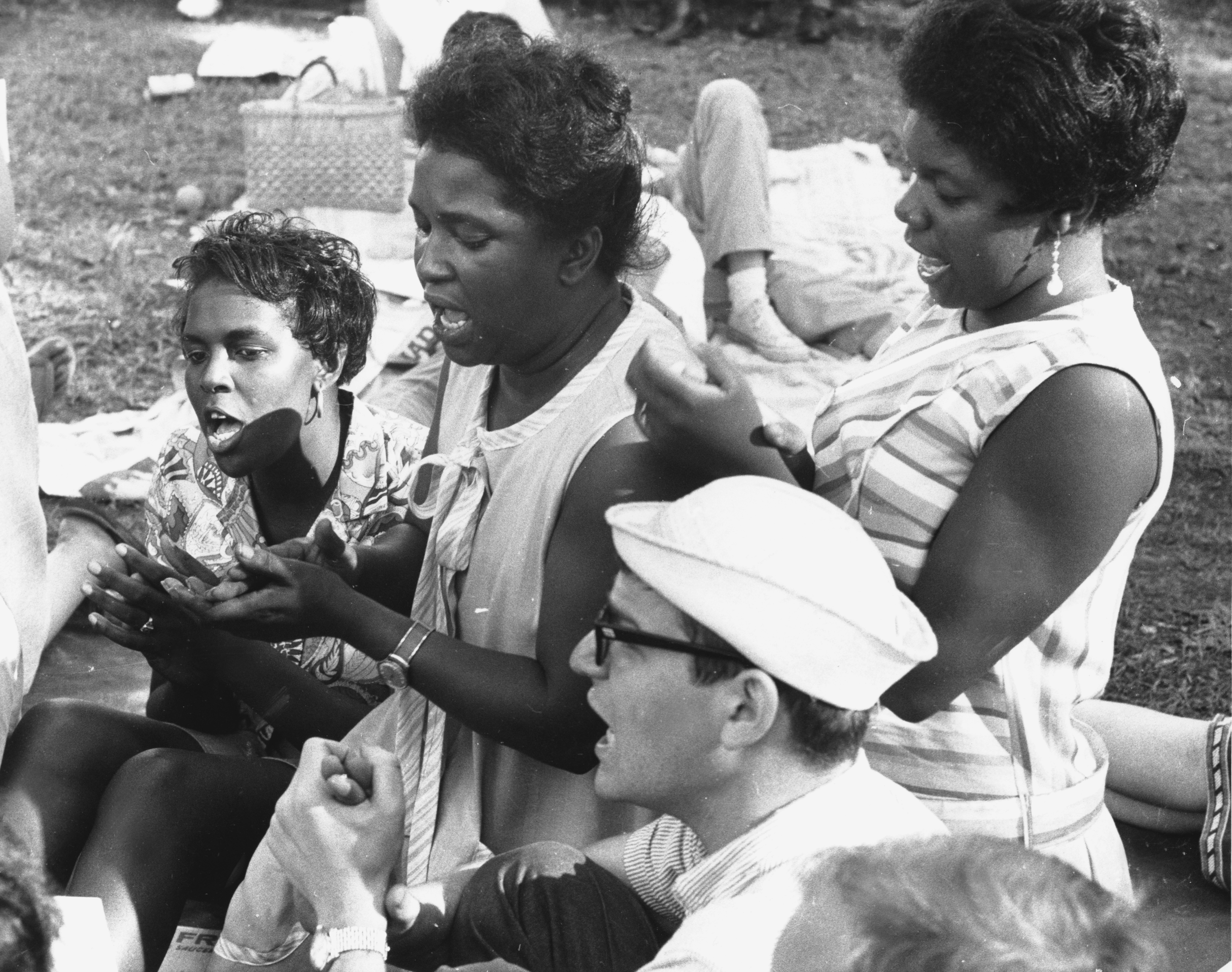
Key Narratives for Teaching About the Civil Rights Movement
Reading by Deborah Menkart and Judy Richardson
A list of key narratives central to an accurate study of the history of the Civil Rights Movement. The list can be used as a guide to critique textbooks, mainstream media, and curricula.

Transportation Protests: 1841 to 1992
Reading by Julian Hipkins III and David Busch
The struggle for the desegregation of transportation has a long history in the United States. This timeline outlines some key individuals and organizations who took a stand against segregated transit.
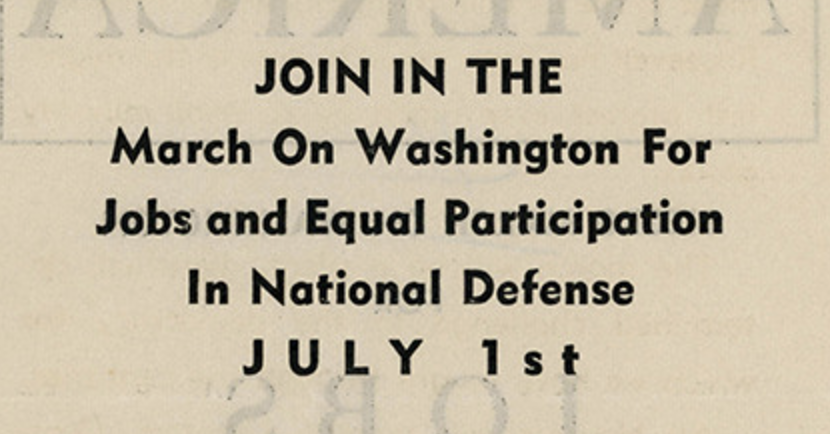
Call to Negro America to March on Washington for Jobs and Equal Participation in National Defense, 1941
Primary Document by A. Philip Randolph
In 1941, A. Philip Randolph, the president of the Brotherhood of Sleeping Car Porters, issued a call to African Americans to fight the unjust conditions in the workforce with a March on Washington for Jobs and Freedom. The threatened mass protest forced President Franklin Roosevelt to sign Executive Order 8802 in June 1941, banning discrimination in the federal government and the defense industry. On June 28, A. Philip Randolph postponed the march.
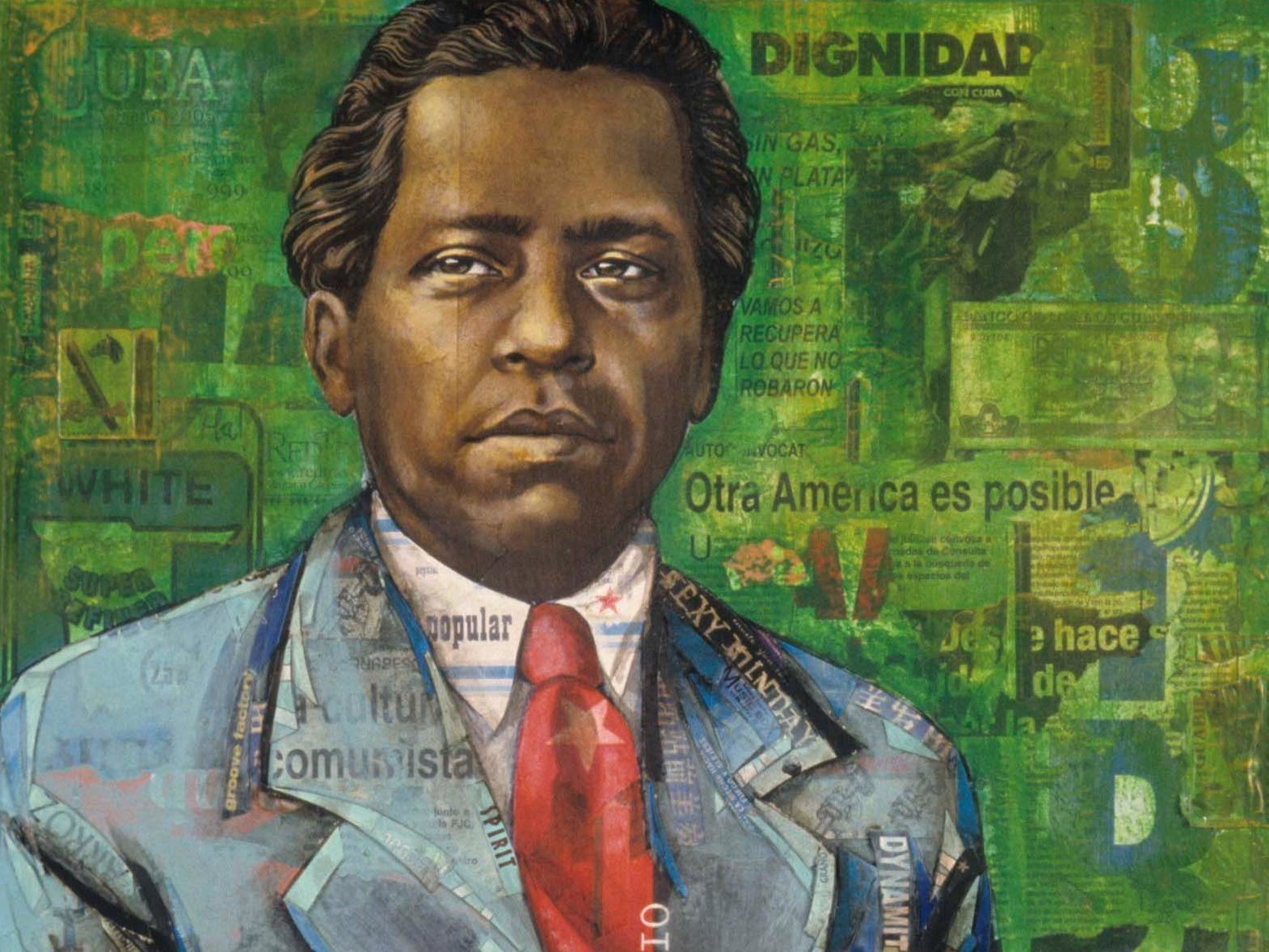
Nicolás Guillén: The Struggle against Two Racisms
Reading by Carmen Gómez García
In this essay, excerpted from a chapter on the history of Cuban social poetry, Gómez García introduces the reader to Guillén’s poetry about racism in the United States. This is an ideal text for classes on poetry, Spanish, 20th-century U.S. history, and Latin American history.
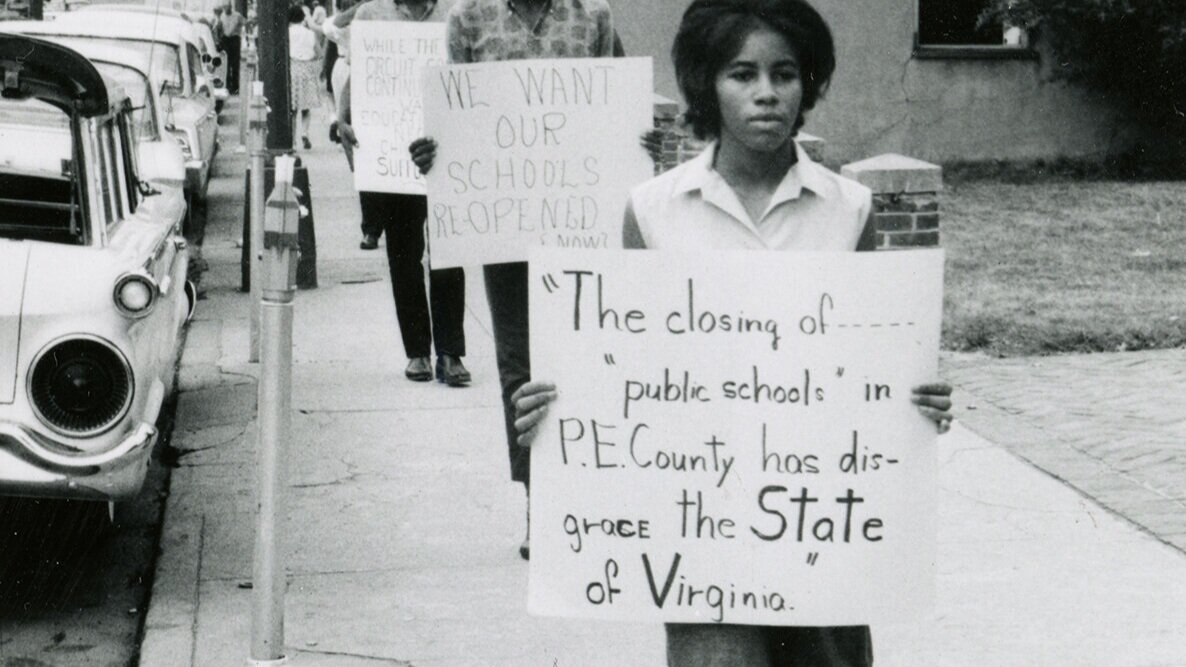
The View from the Trenches
Reading by Charles Payne
A critique of the master narrative of the Civil Rights Movement.
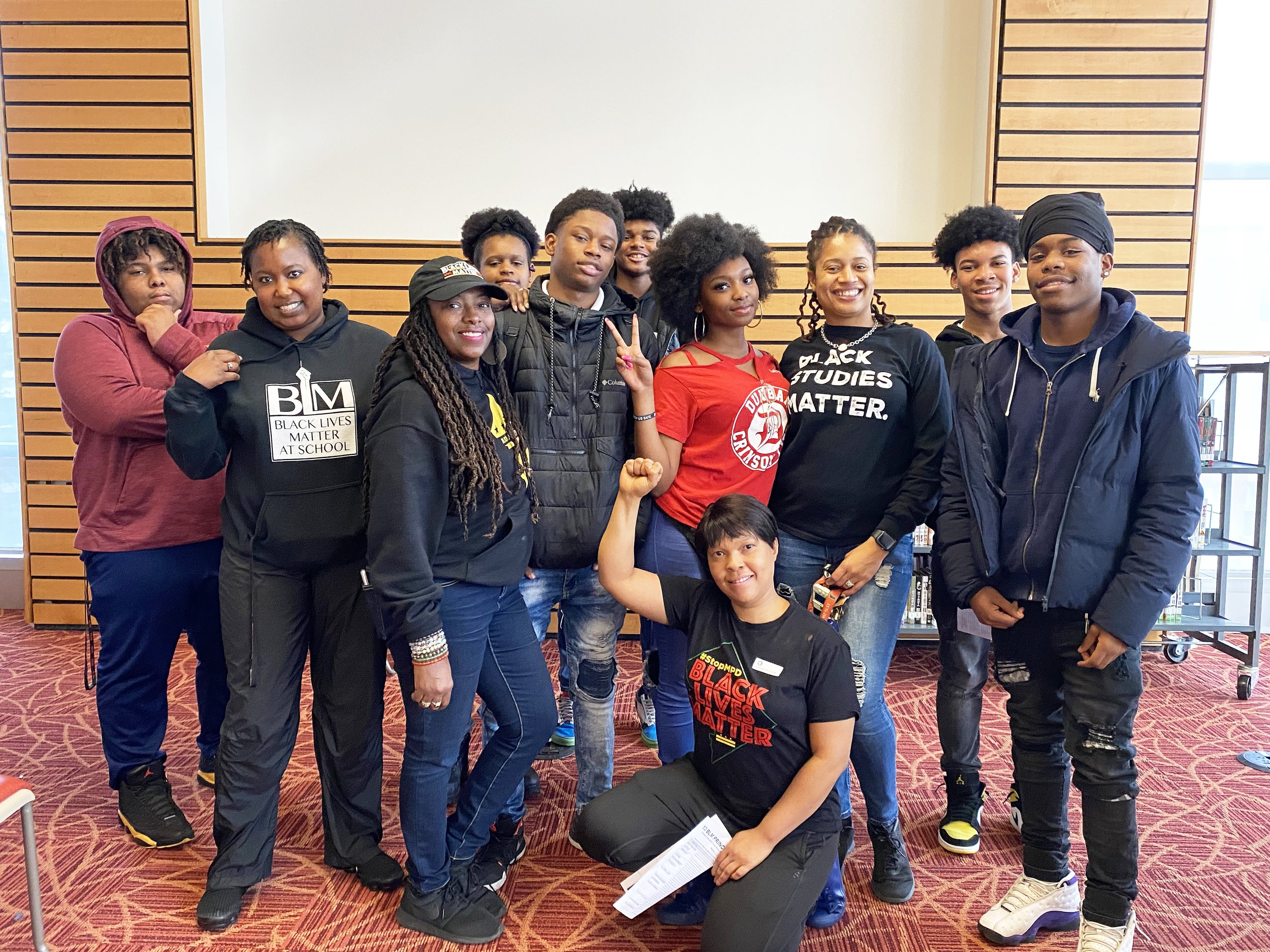
Seven Things We Learned from the D.C. Area Black Lives Matter at School Week of Action
Reading by Allison Fletcher Acosta, Faye Colon, and Deborah Menkart
Over the last several years, we have seen the power of the Black Lives Matter Movement to raise awareness and discourse nationally about race and racism in the United States. Now we’ve seen the power these conversations can have in the classroom.
